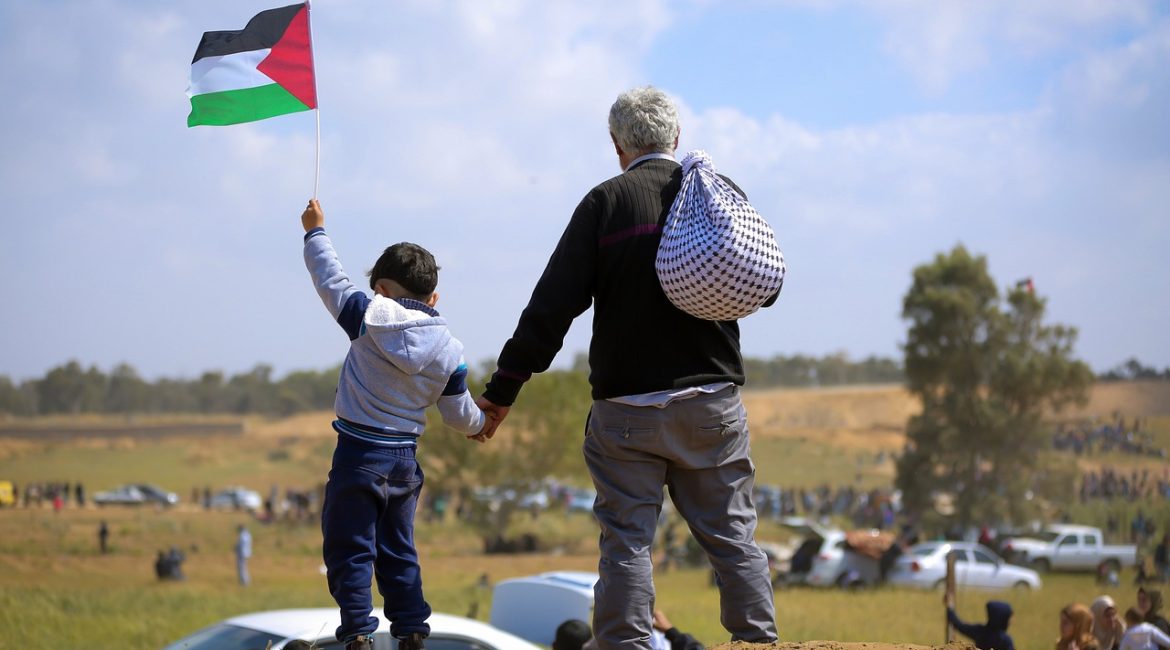The United Nations Relief and Works Agency for Palestine Refugees (UNRWA) is 74 years old. It was established after the first war, in 1948, in Palestine. Until now, it is responsible for caring for almost all Palestinians who were expelled by Israel from their homes and remained refugees. Therefore, there are about three Palestinian generations who lived, and are still living under the care of UNRWA. This makes it more important than the Palestinian government itself. So, it is natural for this international organization, after more than 70-year relationship, to be a part of Palestinian's lives, and one cannot imagine what life was like, or would be like, without it. In effect, UNRWA is the civil government of the Palestinian people, by virtue of the extent of its affiliation, obligations, and services.
Currently, there are two sides against UNRWA: the Israeli side considers it a reason for the steadfastness of the Palestinians, their survival as a society, and their adherence to their Palestinian identity. In the Palestinian camp, there is party which considers UNRWA to be an international drug that has succeeded in containing anger and enlisting millions of Palestinians in miserable camps. Every morning they wake up relying on it for their food and their children’s schools, whether they are in Gaza, Syria, Lebanon, or Jordan.
The truth is that UNRWA is the result of a wrong situation, as the displacement of any people from their land is not resolved by providing flour for 70 years. Long-term relief experiments, too, have failed in other conflict areas: There are about 150 Afghan refugee camps in Pakistan, built since the Soviet invasion of Afghanistan in the 1980s. They expanded after the Afghan civil war in the 1990s, and their population doubled after the invasion. Large human migrations of millions of refugees that cross into Pakistan and Iran settle there and do not return. Millions of Afghan refugees still live in miserable camps that United Nations organizations take care of by providing food and medicine, even though Afghanistan is not like Palestine, an unstructured country, and the dispute there is with its political system.
The challenges of Palestinian camps are more difficult, as their residents become dependent, not only as a result of being surrounded by walls, but also because the laws of these countries prevent the employment of residents, and the host governments try to protect the local community outside their walls from competition and political influences from refugees on their citizens.
Most donor countries support Israel in its criticism of UNRWA, and accuse it of turning in Gaza into serving the Hamas movement. As a result, about 6 countries have stopped supporting their funds. The Palestinian Authority, despite its sharp disagreement with Hamas, criticized the idea of completely stopping and punishing UNRWA, and says that even if the detailed accusations are true, they represent only a small percentage of the workers and beneficiaries, and everyone should not be punished for the crimes of someother.
The truth is that UNRWA cannot be stopped, because in practice this will cause a great tragedy unless an alternative relief system is put into place or the current relief model is modified. Suggestions have previously been put forward, including creating jobs and businesses instead of providing rice and flour. Keeping millions of refugees imprisoned in camps and cities with decrepit services, waiting for relief since 1948, is no longer acceptable and cannot continue.
The solution could be the resettlement of the Palestinians and helping them to obtain a decent life, which is the natural path. This will not eliminate the Palestinian cause, and the resettlement does not mean granting citizenship or allowing political participation, but rather decent living in its simplest form. Confining the Palestinian to shantytowns and camps did not liberate the occupied territories, nor did it end the political and humanitarian tragedy, but rather deepened it.

